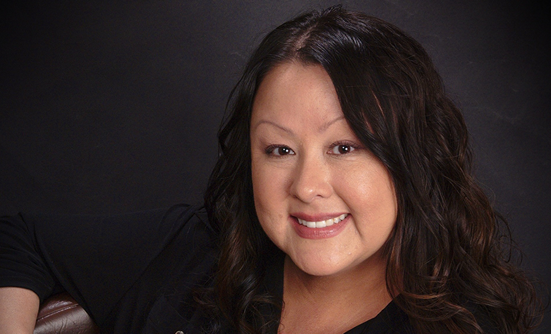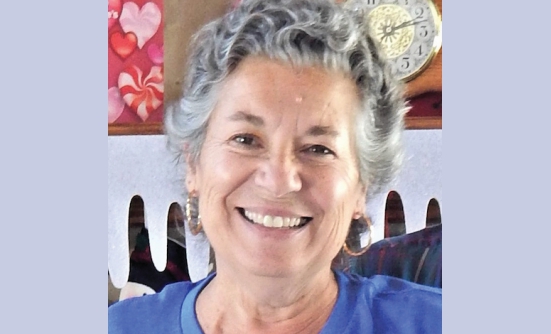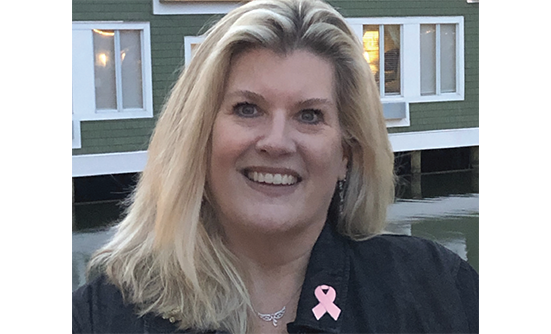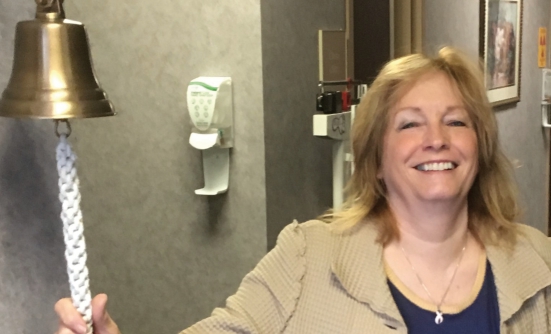Stress affects all of us in one way or another. By definition, stress is a state of mental or emotional strain, or tension resulting from adverse or very demanding circumstances. Whatever your life challenges may be, there are ways to manage your stress so that it doesn’t become harmful to your health.
This is especially important for those of us who have, or have had, cancer. Lorenzo Cohen, Ph.D., Professor at the Department of Palliative, Rehabilitation, and Integrative Medicine, Division of Cancer Medicine, M.D. Anderson Cancer Center in Houston, Texas, suggests that health experts are still trying to figure out the exact link between stress and cancer, and whether stress can be considered a cause for cancer, but, Dr. Cohen says, “stress has a profound impact on how your body’s systems function.”1 There is no doubt, Dr. Cohen adds, that stress contributes to cancer in some way, because “stress makes your body more hospitable to cancer.”1
Therefore, it stands to reason that if stress decreases the body’s ability to fight disease, it may also lose the ability to kill cancer. In addition, stress may worsen or increase the risk of obesity, diabetes, headaches, depression, and heart disease.
A cancer diagnosis can certainly lead to considerable stress. In addition to the stress about cancer itself, people fighting cancer may also feel stressful about what their bodies are going through, what their families are going through, uncertainty about their cancer treatment, as well as financial and emotional concerns.
Here are 5 ways patients with cancer and cancer survivors can reduce their stress level.
1. Get Informed
There’s an old saying that “knowledge is power,” and acquiring knowledge can also have a calming effect on your anxiety level, worries, and uncertainties. Becoming well-educated about your health conditions, treatment options, and symptom management may reduce stress overall.
Too much information may feel overwhelming to some people, but knowing your disease, and recognizing your symptoms and where to get help for the side effects, may help you feel more secure and supported during your cancer treatment.
2. Express Yourself
Don’t bottle everything up. Instead, talk about how you are feeling. Join a support group. Talk to family members and friends. Talk to your doctors and support team. For those who aren’t great talkers, there is always the option to write about your feelings in a journal or express yourself in artistic ways. There are many ways you can express yourself, and expressing your feelings and thoughts to others may help to reduce tension and stress and have positive therapeutic effects.
3. Get Moving
Exercise can also help relieve you of stress. Activities such as walking can help to release pent-up energy. For those who have physical limitations, light movement of arms and body can also help with circulation and stress reduction.
4. Be Kind to Yourself and to Others
Take breaks when you can. Eat healthy, nutritious foods, get plenty of sleep, and go easy on yourself. You deserve it.
Helping others can also make you feel good about yourself. Survivors in our LUNGevity Foundation’s LifeLine Support Program (www.lungevity.org) have reported that helping patients who were newly diagnosed with cancer actually helped those who provided support to feel better about themselves and about what they themselves had to go through with their cancer diagnosis.
5. Ask for Help
Many resources are available to you that can help you with practical and emotional issues surrounding your cancer. Start with your doctor and patient navigator. Sometimes an oncology social worker can provide a list of resources available in your area.
Ask for help from family and friends who can step in to help with practical needs and tasks. If you have a hard time asking for help, designate a caregiver or an advocate who could help you get the help you need.
Reference
1. Heid M. How stress can have a big impact on your health. M.D. Anderson Cancer Center. December 2014. www.mdanderson.org/publications/focused-on-health/december-2014/how-stress-affects-cancer-risk.html.
Key Points
- Understanding as much as you can about your health conditions, treatment options, and symptom management may help to reduce worry
- Explore outlets for expressing yourself, such as talking to others about how you are feeling, writing in a journal, or creating art
- Light to moderate exercise is a great way to get your circulation flowing and put your pent-up energy to positive use
- Ask others for help, there are many helpful resources available to you to help with practical and emotional issues related to your cancer
- Be kind to yourself and others, eat healthy, get plenty of sleep, and take it easy
















